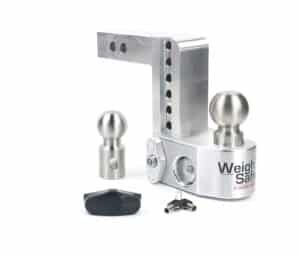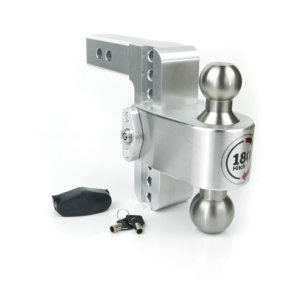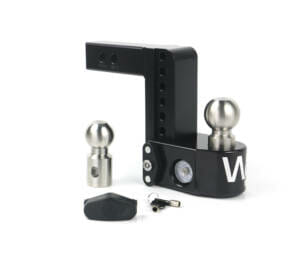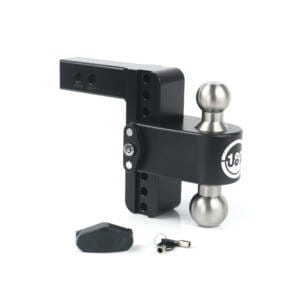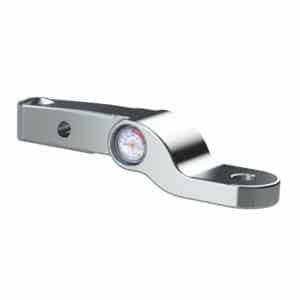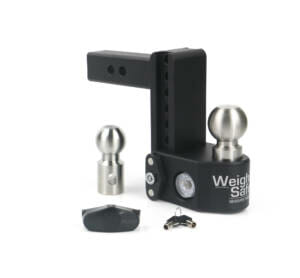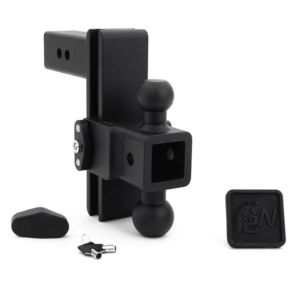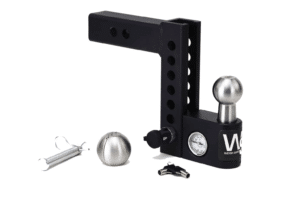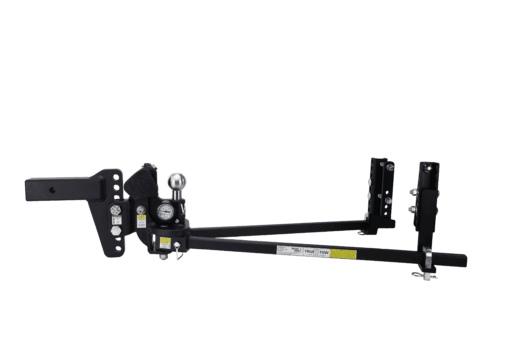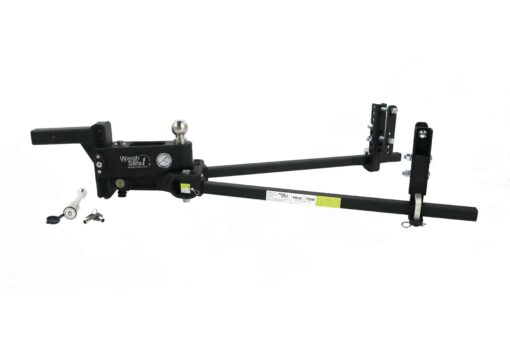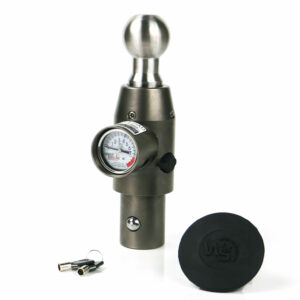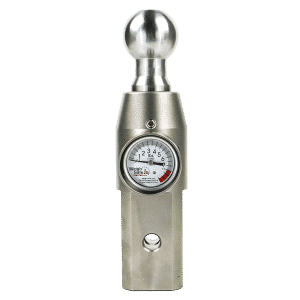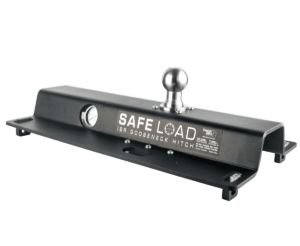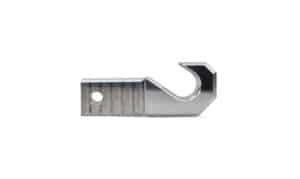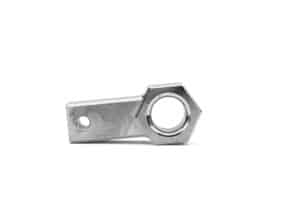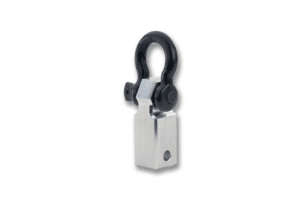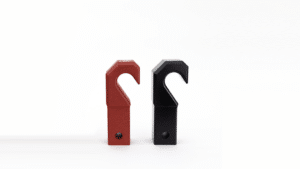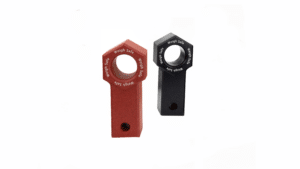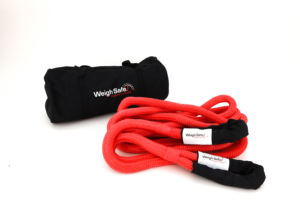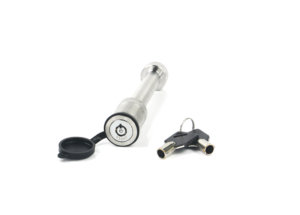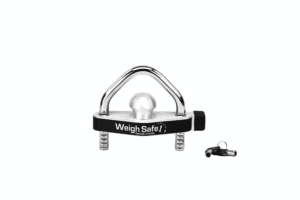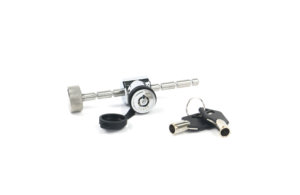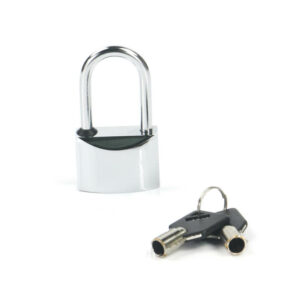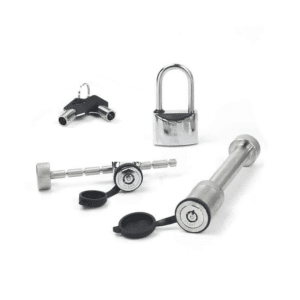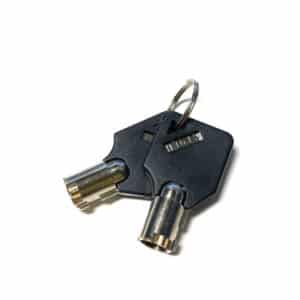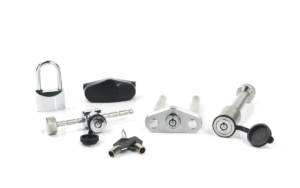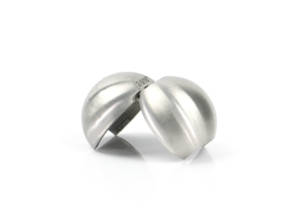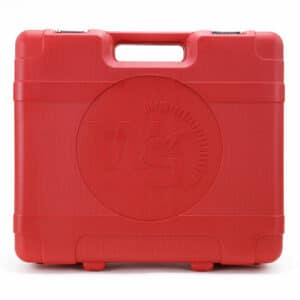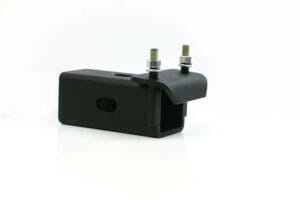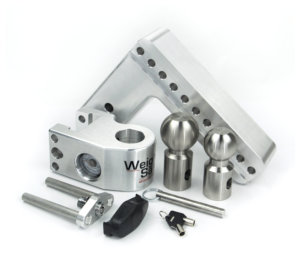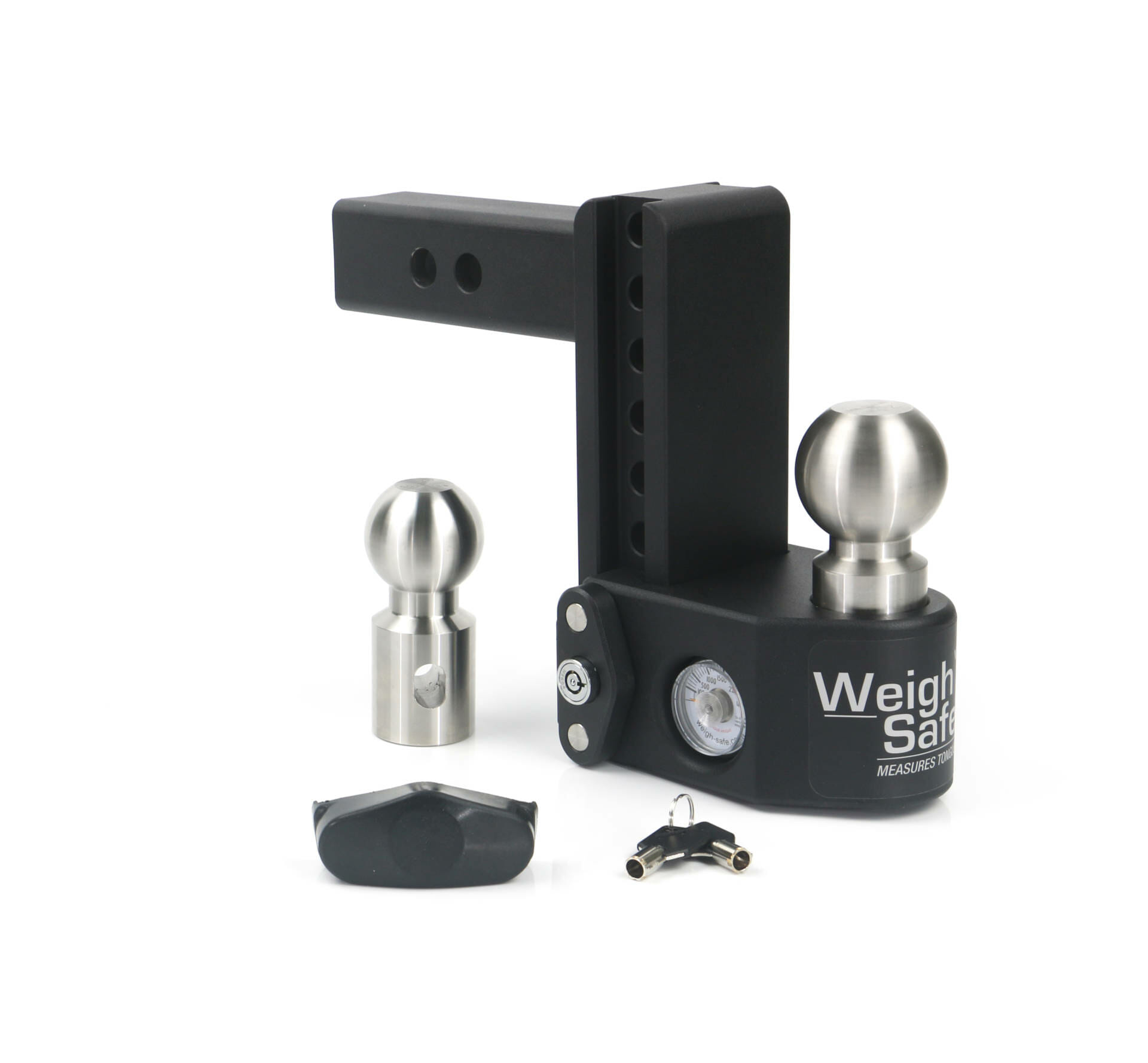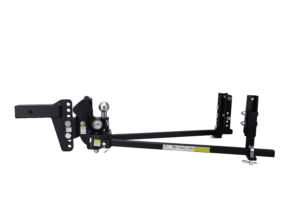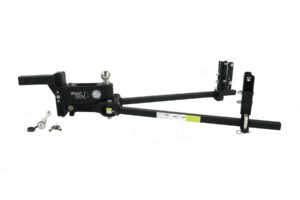Towing Safety
What Equipment Is Required to Be on a Trailer: What You Should Know
Every trailer should have basic parts, like a proper tow hitch, working lights, reflectors, and safety chains. A trailer may seem simple enough, but there are actually 9 common parts and safety features with which you should be familiar.
Not every safety feature is required in every state of the US. This can easily lead to confusion, so it’s essential to know the federal law and take the time to read your state’s specific laws.
To be safe, you must know what equipment is required to be on a trailer. Weigh Safe is here to help recognize and understand all the parts a trailer needs and the laws for transporting any cargo securely.
9 Parts of a Trailer
Every trailer is different. Size, length, color, height—each has unique specifications and appearance. However, there are many universal parts and safety features of a trailer that you should know about, even if some of them aren’t required in every state.
1. Trailer Hitch
A trailer hitch is a metal device attached to the back of a towing vehicle. It usually protrudes from the back so that a trailer can reach the hitch without bumping into and risking damage to the towing vehicle.
2. Ball Mount
It sounds like a ball mount—a round metal ball that’s usually a component of the towing vehicle’s trailer hitch. The trailer attaches to this ball.
3. Safety Chains
Safety Chains aren’t required everywhere but are an essential safety feature of any towing endeavor. Safety chains attach from the trailer to the hitch of the towing vehicle. If the ball and hitch connection were to break, the chains could hold the trailer close to the towing vehicle until the driver safely stops. Most safety chains come in pairs to distribute the weight evenly between them.
4. Trailer Wiring Harness
A trailer wiring harness is a multi-pole electrical plug that connects the trailer to the towing vehicle. The towing vehicle supplies the trailer with power to provide operational tail lights.
5. Tie-Downs
Tie-downs are ropes or specially-made ratchet straps to secure cargo on a trailer. This equipment is usually necessary when transporting cargo because it prevents items from shifting or falling out.
6. Reflectors
Many trailers will have reflectors attached to the exterior sides and rear of the trailer, visible to other drivers and pedestrians. This trailer visibility decreases the likelihood of accidents.
7. Rear Lights
When are lights required to be installed on a trailer? All trailers should have rear lights. Trailers usually block the rear lights of the towing vehicle, so they need their own. Rear lights allow drivers following the trailer to see when the towing vehicle will turn or engage its brakes. At night, it will also help people see the end of the trailer to avoid running into it.
8. License Plate
Some states require a trailer license plate with a light for nighttime use.
9. Brakes
Heavier trailers often need brakes. Brakes offer better trailer control and allow the operator to slow down or stop safely.
Laws and Regulations
The laws and regulations of every state get tricky. Many states have overlapping laws or require something that another state doesn’t.
All 50 states require trailers to have working taillights and a visible license plate. Federally, commercial operators will always have more regulations than regular drivers. However, these laws could change because driving and towing laws frequently evolve.
All the other laws regarding towing a trailer are varied. For example, only 35 out of the 50 states require safety chains. States also have different regulations regarding how much weight can be on a trailer before you must get a commercial driver’s license (CDL).
Each state has different laws regarding how heavy a trailer needs to be before it needs brakes. For example, in Texas, a trailer needs brakes if it’s over 4,500 pounds, but in Washington State, it’s any trailer over 3,000 pounds.
When preparing to tow a trailer, research and familiarize yourself with the laws in your state. If you plan on crossing state lines with the trailer, ensure compliance with the laws of both states.
Tow Trailers Safely with Weigh Safe
This information will help you understand what equipment is required to be on a trailer. At the top of that list is the most critical towing component you need—the tow hitch. Weigh Safe is the best place to find one because these hitches feature built-in scales to help with proper weight distribution. This feature makes towing more manageable and much safer.
Visit Weigh Safe and see which trailer hitch, ball mount, or other trailer accessories will work best for you. The next time you prepare to hook up a trailer, review local laws and regulations before buying your Weigh Safe hitch.
